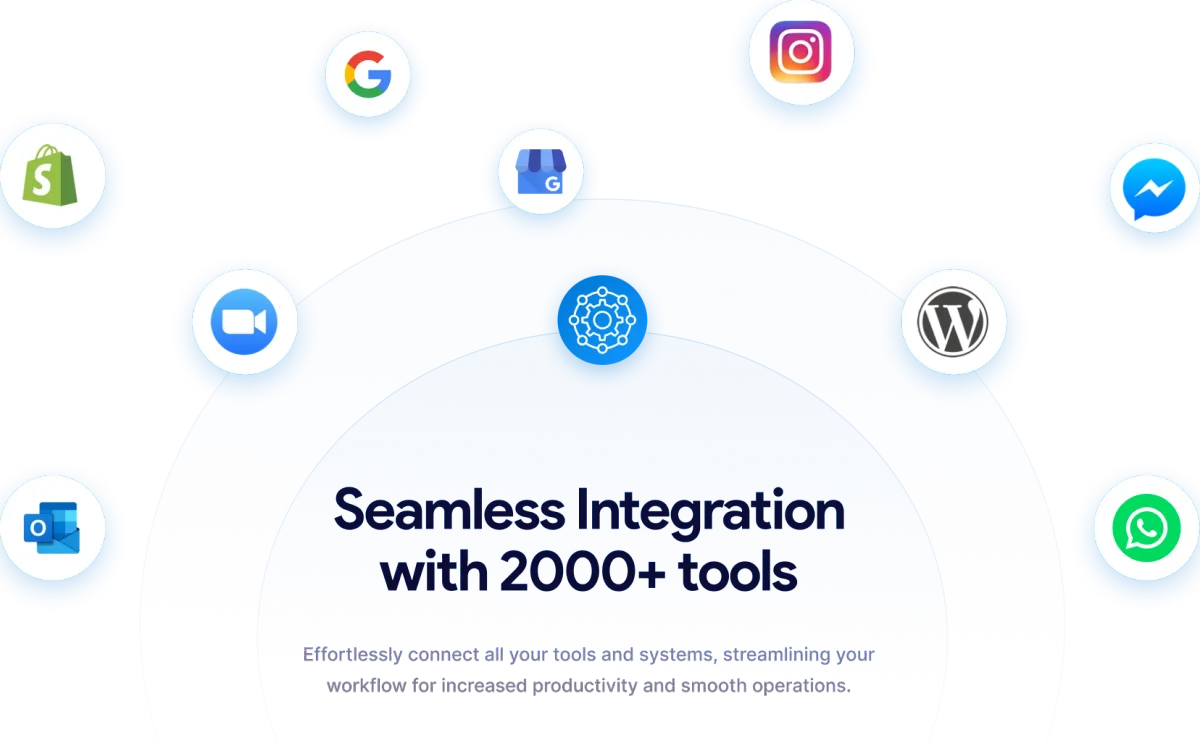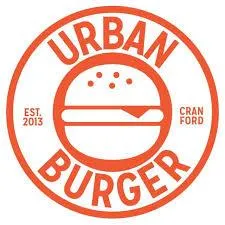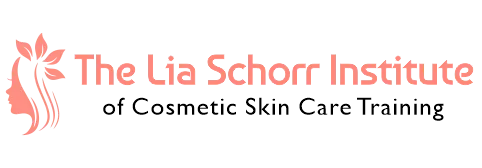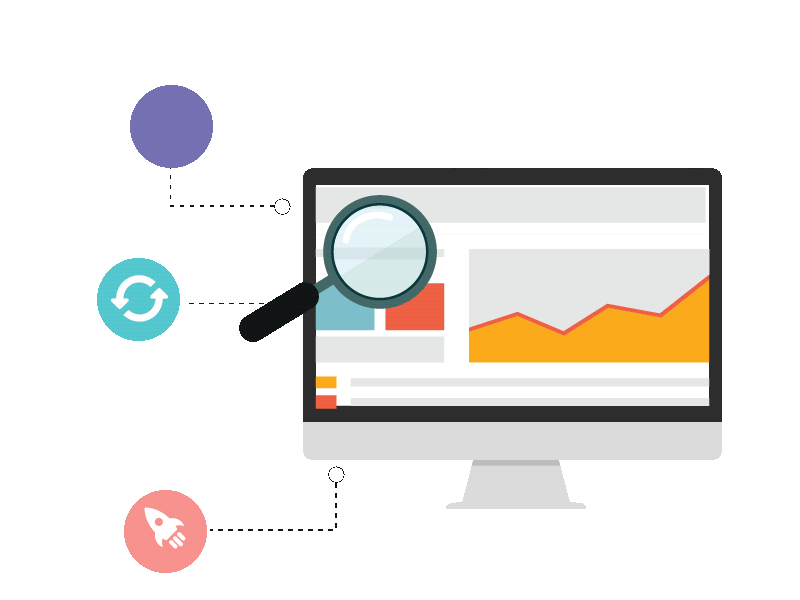Transform Your Business, Transform Your Life
No more guesswork. No more dependency. Just systems that grow with you.
The Legacy Builder Blueprint
We install customized AI marketing systems into your business using our Legacy Builder Blueprint. Then we train your people on how to run it all internally.
Your business becomes its own marketing powerhouse—automated, scalable, and built to last.
Legacy Building in 3 Simple Steps

Analyze
Our journey begins with a deep-dive analysis of your business operations, market position, and competitive landscape—uncovering the gaps, opportunities, and insights needed to build a strategy that drives measurable growth.

Customize
With a clear understanding of your business foundation, we move into the customization phase—where strategy meets precision. We design a tailored marketing blueprint that aligns with your unique goals and leverages the insights uncovered during our initial discovery.

Optimize
The final step we fine-tune systems for peak performance, support smart hiring and team development, and scale what works—using data-driven insights to ensure your internal marketing engine runs efficiently, grows predictably, and delivers results.
We Don’t Run Your Marketing. We Build It Into Your Business.
Build a Smarter Business with Your Own AI Employee
Replace multiple hires with one intelligent AI assistant—trained to do the work of a sales rep, receptionist, marketer, and operations manager.
It’s like hiring three people—for the cost of one coffee a day.
Curious to see how it works? Click below to discover how an AI Employee can transform your business.


Say Goodbye to multiple Subscriptions
And Hello to the All-in-One Marketing Platform Built for Growth.
What if you could replace 6+ software subscriptions with one system—and save thousands?
Most business owners are spending $350–$1,200+ every month on tools like: WordPress, HubSpot, Mailchimp, Calendly, Hootsuite, and Many More.
The Legacy Builder combines websites, email, SMS, booking calendar, CRM, voice AI, workflows, automations and more into one easy-to-use AI platform. Save time, money, and stress.
Helping Brands Thrive Since 2004
We’ve taken the same proven marketing strategies that have generated millions in revenue for our clients and transformed them into AI-powered systems that we install directly into your business.
COMPANIES THAT TRUST US






Think You Know What Your Agency or Marketing Team Is Doing?
Audit What’s Really Happening Inside Your Marketing—Before It Costs You More.
Driving Sales, Amplifying Impact

George Owens

Legacy Business Partners are definitely the ones to go with when it comes to growth and marketing for your business. They're completely professional and have innovative and effective marketing strategies.

Kim Wexler

They provided excellent advice, seamless integration between social media and our website, and created campaigns geared towards our targeted audience. We look forward to our continued success with the support of LBP.

James Cart

I recently had the opportunity to receive great marketing advice from Legacy, they were able to breakdown strategies for me to implement to be able to grow my business. I am very thankful to James for all of his help.
Effortless Growth Starts Here.
Getting noticed in a crowded market is no easy feat... until now!
